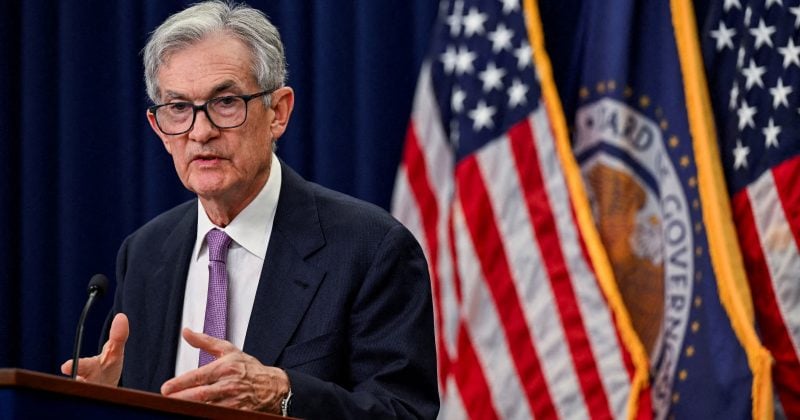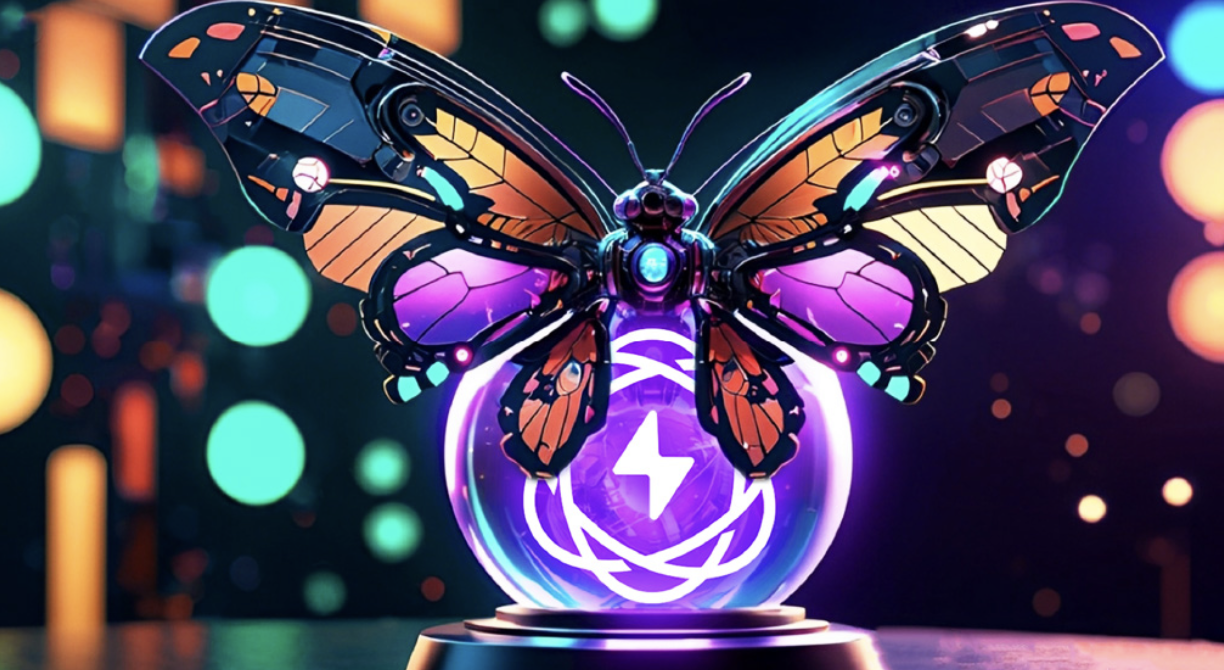
With a valuation exceeding 50 billion dollars, xAI by Elon Musk emerges as a potential rival to OpenAI. Thanks to strategic investments, the startup is accelerating development in generative AI, reducing the competitive gap.
Let’s see all the details in this article.
xAI by Elon Musk reaches 50 billion: could it surpass OpenAI?
The universe of generative artificial intelligence is witnessing a new challenge: xAI, the startup founded by Elon Musk, has recently surpassed a valuation of 50 billion dollars.
This milestone has raised questions about a possible competition with OpenAI, the giant led by Sam Altman and known for the development of ChatGPT.
The rise of xAI could mark a significant turning point in the sector, where innovation and investments play a crucial role.
As we know, Elon Musk is not a stranger to the world of OpenAI. In 2015, Musk was one of the co-founders of the organization, contributing to its initial mission of developing artificial intelligence for the benefit of humanity.
However, in 2018 he left the board of directors, citing strategic differences and conflicts of interest with his other companies, such as Tesla.
After years of distance, Musk has decided to return to the sector with xAI, a startup that aims to develop advanced AI models capable of competing with the best tools on the market.
The rapid growth of xAI demonstrates that the billionaire is investing significant resources to position himself as a leader in the field.
According to the reports, the valuation of xAI has more than doubled since it was launched at the beginning of March.
This result was achieved thanks to a wide participation of prominent investors, including Sequoia Capital, Andreessen Horowitz, and Valor Equity Partners.
Furthermore, the sovereign fund of Qatar would also have participated in the funding rounds, bringing xAI to raise impressive amounts: 6 billion dollars from A16z and 24 billion dollars from Sequoia.
With a total of 50 billion dollars, the valuation of xAI surpasses the amount paid by Musk for the acquisition of X (previously known as Twitter) in 2022.
This figure, although still distant from the 157 billion dollars of OpenAI, highlights the pace at which the startup is closing the gap.
The challenges for OpenAI
The rise of xAI comes at a crucial moment for the generative AI sector. With ChatGPT having captured millions of users and attracted the attention of Wall Street, the demand for innovative solutions in the field of AI is experiencing strong growth.
Musk seems intent on taking advantage of this opportunity, developing a valid alternative that could redefine the industry standards.
xAI, so far, has shown the potential to compete not only in terms of technology, but also in attracting investments. This is a signal that investors see in the startup a concrete promise of long-term success.
In fact, despite the consolidated leadership of OpenAI, the entry of xAI could represent a threat.
Competition pushes companies to innovate more quickly, and the presence of a rival like xAI could encourage OpenAI to review its strategies.
A key factor will be technological development. Although xAI has raised significant funds, its ability to translate these investments into advanced technologies and practical applications will be crucial for its competitiveness.
Furthermore, Musk’s past as a co-founder of OpenAI could play in his favor. His knowledge of the internal operations and strategic vision of the organization could offer a unique advantage in positioning xAI as a direct rival.
The future of AI competition
With the support of high-profile investors and a clear vision, xAI is in a prime position to challenge OpenAI. However, success will depend not only on the amount of capital raised but also on the ability to translate ambitions into concrete results.
If Musk manages to bridge the technological gap with OpenAI, xAI could emerge as a key player in the generative AI sector.
This would not only bring benefits to the market, but it could also push the entire sector to reach new levels of innovation.
In other words, although OpenAI still maintains a significant advantage, the rise of xAI represents an interesting and potentially revolutionary challenge.
In the coming years, the confrontation between these two powers could redefine the future of artificial intelligence and open new opportunities for the sector.

 2 months ago
55
2 months ago
55









 English (US) ·
English (US) ·